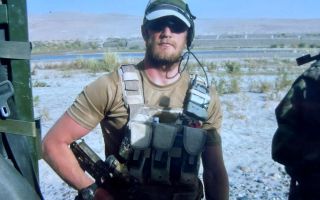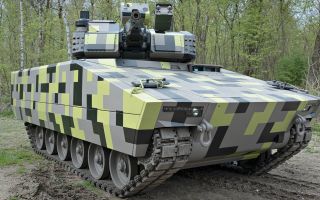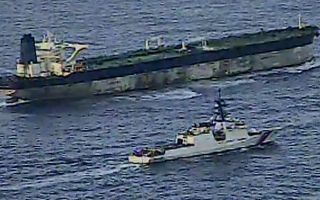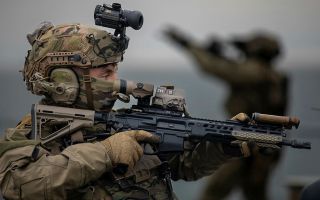Tri-Service
Compensation Pledge Over "Excessive Force" Iraq Death
The government is to pay compensation to the family of an Iraqi civilian who died after a report ruled that soldiers used "excessive force" against him.
Defence Secretary Michael Fallon has expressed the Government's "regret" at the death of Nadheem Abdullah in 2003, shortly after the invasion of Iraq.
A former high court judge found that Mr Abdullah died after soldiers from 3 PARA restrained and searched him and his vehicle after it avoided a checkpoint.
The same report concluded that another Iraqi, Hassan Abbas Said, died when a soldier from the King's Regiment fired a single shot after the Iraqi tried to grab the barrel of his rifle and appeared to reach for the pistol of the soldier who was trying to handcuff him.
In a written ministerial statement, Mr Fallon said: "In the light of the facts as found by Sir George, and in particular the finding that excessive force was used, I wish to express the Government's regret at the death of Mr Abdullah in particular. We are prepared to pay appropriate compensation to his family.
"The soldiers in both cases have already been prosecuted and acquitted, and will not face fresh prosecutions as a result of these inquiries."
Mr Fallon also said he accepted in principle Sir George's single recommendation that Armed Forces personnel should be given training on policing and peacekeeping in hostile and potentially life-threatening situations if they are deployed on similar operations in future.
In his report Sir George found that Mr Abdullah died from a blow or blows to his head inflicted by one or more soldiers but that it was not possible to detect whether the injuries were inflicted by a weapon such as a rifle butt or helmet or simply a clenched fist.
He said the evidence pointed to the force of the blow or blows being enough to cause a ruptured or fractured skull, which then caused the brain haemorrhage from which Mr Abdullah died.
Sir George said the force used was "more violent than was required in the circumstances" and there was no evidence that Mr Abdullah had tried to attack the soldiers or presented a direct threat to them during the incident in Maysan Province, south-eastern Iraq.
He said: "I have found no evidence, and nor was it suggested, that the degree of force which was used to cause the fatal injury was necessary to secure compliance by the deceased with the demands of the soldiers.
"At the time the soldiers departed, Mr Abdullah and Athar Finjan were still lying on the ground.
"There is no evidence that the soldiers paid attention to the injuries which the men lying on the ground had sustained."







